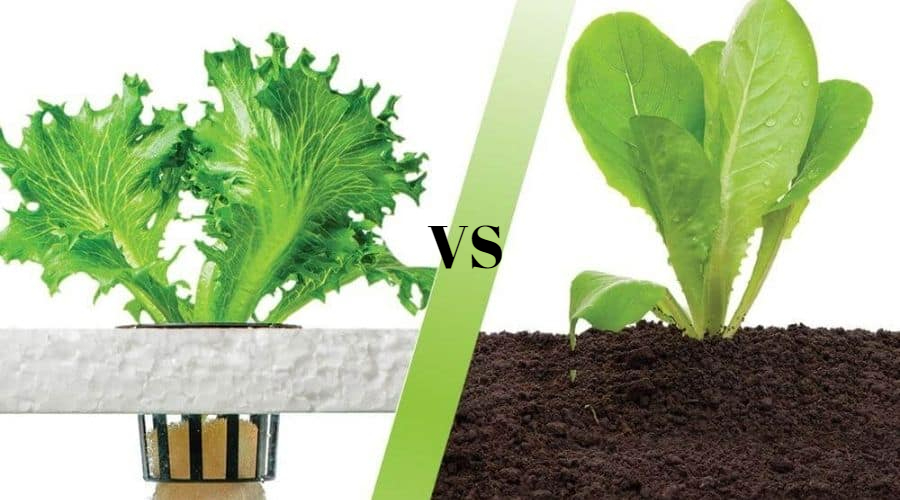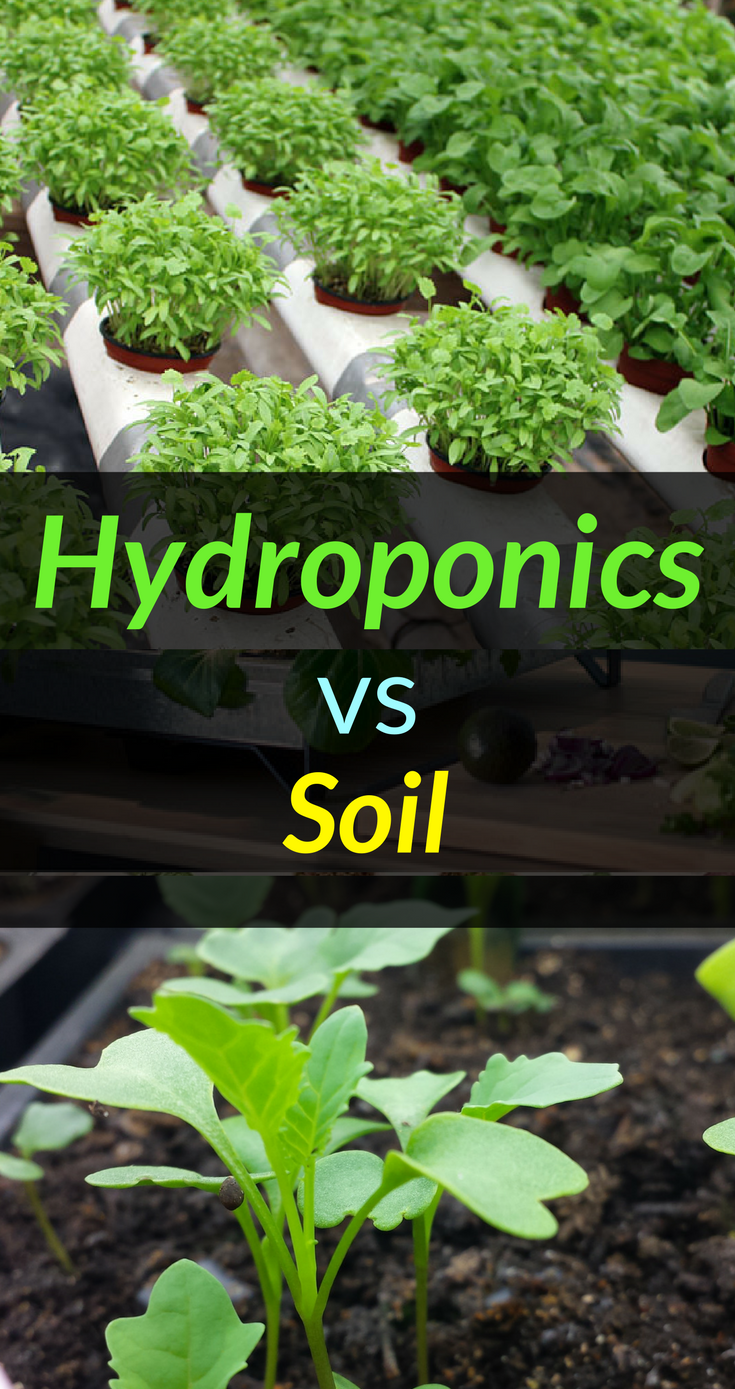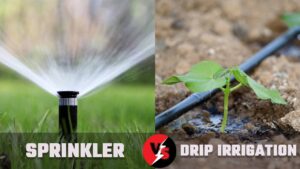
Plants are grown in an artificially regulated soilless environment in a hydroponic growing system, which has various advantages over a soil-based growth environment.
Hydroponic plants grow quickly and abundantly, and hydroponic systems are resource-efficient. Hydroponic systems, on the other hand, necessitate specialised knowledge and a large financial investment on the part of the farmer. As a result, traditional soil-based farming operations will always have a place.
Process Control
In comparison to a regular soil environment, a hydroponic growing environment allows the grower to have more control over the growth process. The amount and composition of nutrients available to plants in hydroponics can be accurately controlled; plant access to soil nutrients is more difficult to manage, and the exact composition of soil nutrients can be difficult to determine. In addition, hydroponics allows the grower to shield plants from pests and toxins while also controlling the pH of the growing environment. In a hydroponic system, water can also be used more efficiently by recycling irrigation water.
Plant Growth
Because oxygen and nutrients are provided directly and intensively to the roots of hydroponically grown plants, they grow faster than soil-grown plants. Rapid growth results in shorter harvest times and the ability to adjust more growth cycles in a given amount of time. Plants in hydroponic systems also produce larger yields since they don’t have to work as hard to get nutrients, allowing them to devote more energy to fruit and vegetative development.

Location
Hydroponic systems can be erected practically everywhere, even where the external environment is utterly hostile to plants, because they are not dependent on external circumstances. Hydroponic systems also make better use of space than soil-based growing methods. As a result, they are particularly well suited to usage in urban settings where space is restricted and agricultural land is scarce. Indoor hydroponic cultivation can be made possible by the use of artificial light in places where access to sunlight is limited, either owing to seasonal conditions or the environment.
Cost
Hydroponics has a huge cost advantage over growing soil in one area. The initial cost of establishing a hydroponic system is higher than that of establishing a comparable soil growing business, and hydroponic system operation is labor intensive. As a result, the continuous costs of a hydroponic system are expensive as well. The system’s efficiency in using water, fertilizers, and pesticides can offset some of the costs of a hydroponic system.






